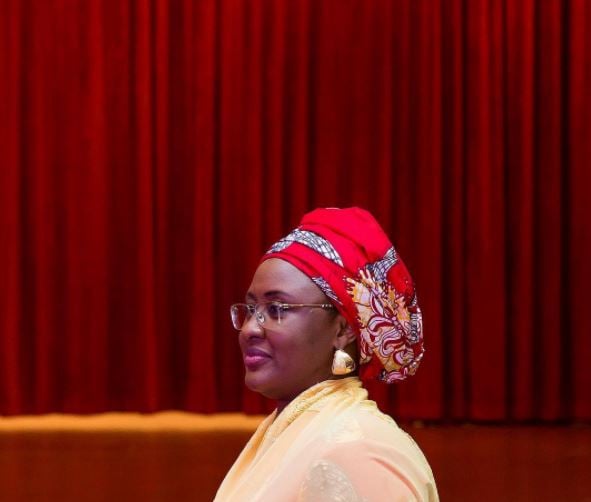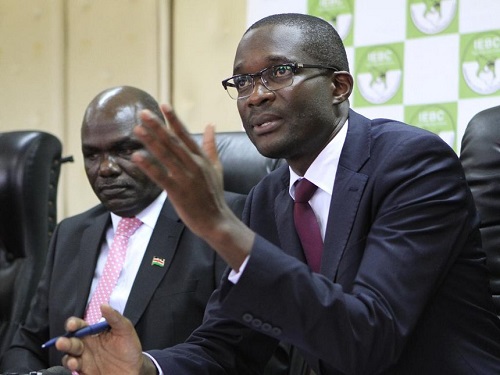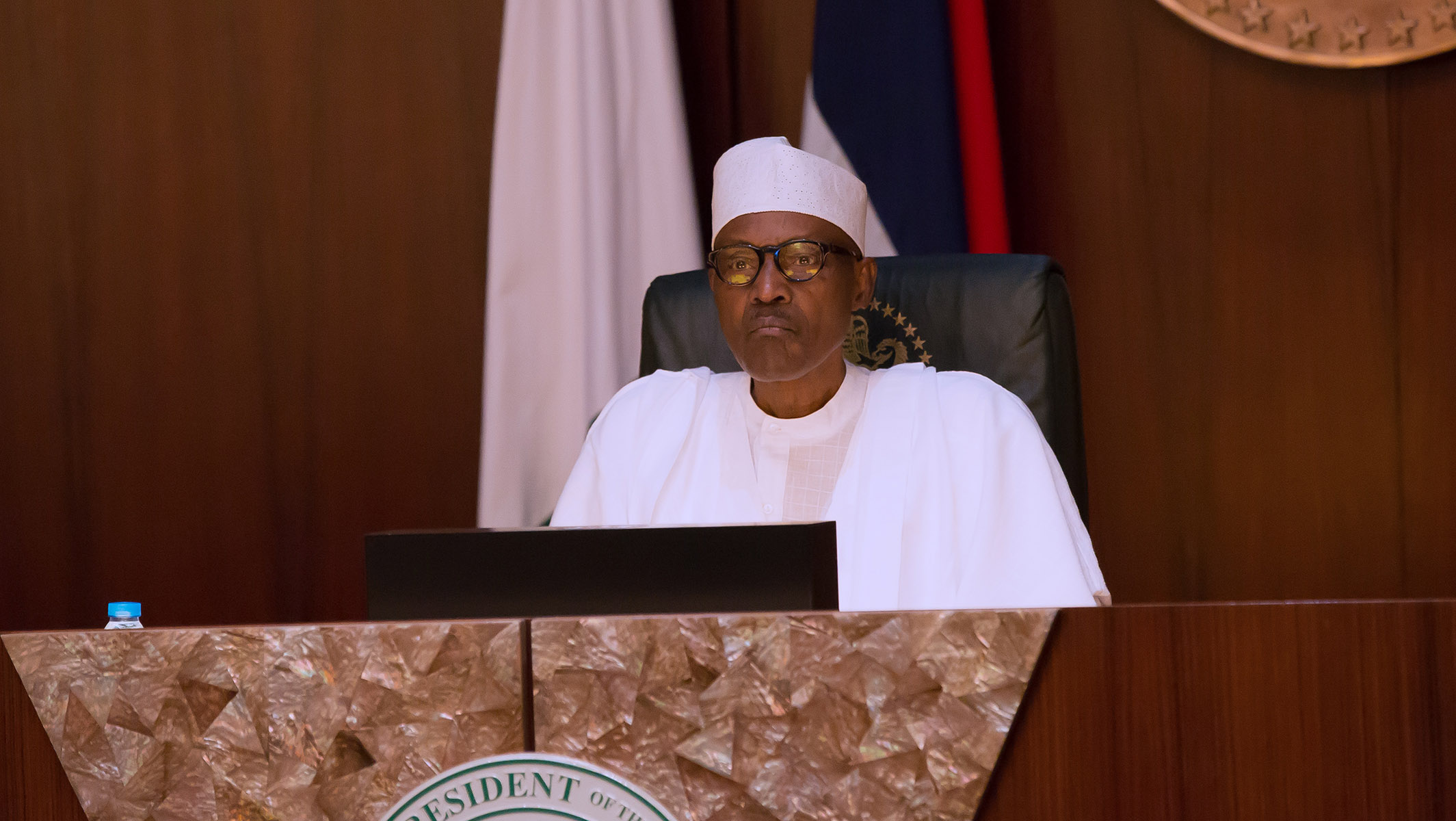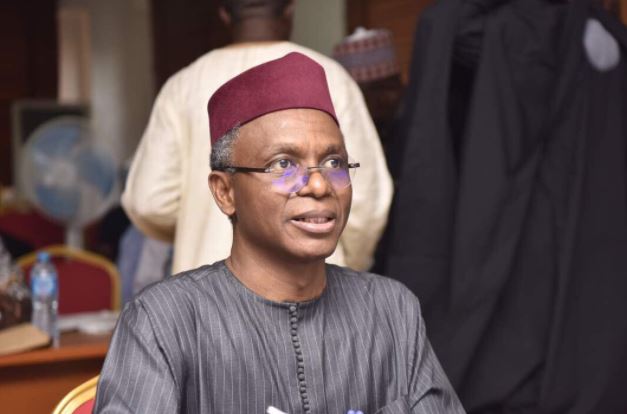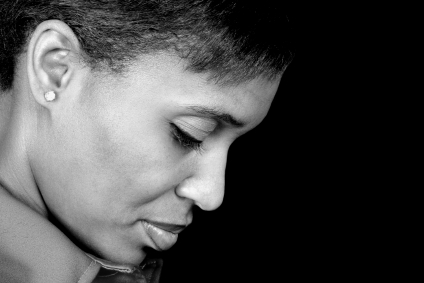The spouse of a President especially in a democracy like Nigeria’s is a powerful personality. So whether the wife is referred to as the first lady, as wives of Nigerian former presidents were being addressed in the time past, or she’s just being called the wife of the president, as demanded by President Buhari for his fixation on modesty, that still doesn’t lower the enormity of power and influence at the disposal of the wife of the Nigerian President.
Like the husband, the wife of the president also commands massive following and she can frame the perceptions and perspectives of the public about the government on different issues of national interest.
Often, the woman, to the extent of her public exposure, becomes the barometer upon which the on-the-job capability of the President is evaluated and concluded, and the President’s temperament in relation to people management is affirmed.
Aisha Buhari, the wife of President Buhari, has evidently elected to take her husband’s presidency to task for the urgency of now and posterity. This is quite riveting, being a total departure from the less-than-exemplary experiences the nation has had in the hands of her past first ladies.
Advertisement
Aisha’s resolution to speak where and when it matters reveals the cause that is dear to her heart. Her recent public expression of frustration on the state of the hospital inside the President’s office and residence is a compelling metaphor on the deplorable state of Nigeria’s poor health sector.
Given the unhealthy revelation about the hospital in the country’s seat of power, the healing-peddling preachers who the hapless citizens run to for healing in the absence of basic health care service in the country will be smiling presently as they are further assured that provision of universal health service may not come anytime soon.
When public officials who are meant to provide adequate care for the nation are not getting the immediate assistance required when they face health challenges as minor as a headache, then it wouldn’t occur to them anymore that thousands of citizens are dying of malaria and other preventable diseases routinely.
Advertisement
In her shock, Aisha Buhari wondered what the situation of health centres across the 36 states of Nigeria would be.
“Few weeks ago I was sick, they advised me to take the first flight to London, I refused to go. I said I must be treated in Nigeria because there is a budget for an assigned clinic to take care of us.
“I called the Aso Clinic to find out if they have an X-Ray machine, they said it’s not working.
“In the end I had to go to a hospital owned and operated by foreigners 100 per cent.
Advertisement
“There is a budget for the hospital and if you go there now, you will see a number of constructions going on but they don’t have a single syringe there.
“What is the purpose of the buildings if there are no equipment there to work with?
“You can imagine what happens across the states to governors’ wives if this will happen to me in Abuja,” she concluded.
Indeed, Aisha would have wooed many souls for raising this very critical matter and leading this calling cause. But madam should be aware that the health sector situation is far worse that what she can ever imagine and what her folk, the wives of the governors of the states, can ever experience.
Advertisement
The statistics are quite disturbing and shameful. Over 100 million cases of malaria are reported every year, and 300,000 deaths are recorded annually. Maternal and infant mortality are still quite high with 36,000 Nigerian women still dying at childbirth while over 60 out of every 100,000 babies are lost on arrival. Similarly, Nigeria takes an infamous slot in the global index of the deaths of under-five year olds and malnutrition.
Regularly, images of malnourished children and pregnant women in dingy labour rooms from Nigeria are splashed on various news channels around the world, an evidence of the shocking conditions of health in the developing countries around the world.
Advertisement
Yet, government officials who are elected or appointed to chart a new course in health delivery and make better improvement in various sectors are busy helping themselves with public funds.
Presently the National Health Insurance Scheme (NHIS) that has a mandate, amongst other objectives, “to ensure that every Nigerian has access to good health care services; protect families from the financial hardship of huge medical bills; limit the rise in the cost of health care services; ensure equitable distribution of health care costs among different income groups and maintain high standards of health care delivery services within the Scheme”, is without a substantive administrator.
Advertisement
Since the executive secretary of the NHIS, Prof. Yusuf was suspended in July on allegations of abuse of power and financial impropriety, there has been no meaningful efforts from the government agency that is mandated to establish universal access to health care to 180 million people across the country.
Clearly, Aisha has got her job cut out for her in this present time. But the agile woman shouldn’t look the other way. Nigeria truly needs to get a candid opinion and see serious concern from someone in the inner recess of power to compel those with the real power to live up to their responsibilities.
Advertisement
Add a comment

